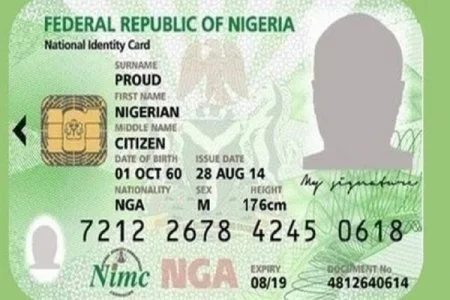
Nigeria's telecom operators have begun disconnecting 66 million phone lines due to non-compliance with the NIN-SIM linkage directive. This policy, aimed at improving national security, mandates all SIM cards be linked to a National Identification Number.
Telecom companies in Nigeria have initiated the disconnection of around 66 million phone lines to enforce the National Identification Number (NIN)-Subscriber Identity Module (SIM) linkage mandate. This action follows several extensions and warnings aimed at improving national security and simplifying identification processes.
As of March 2024, data from the Nigerian Communications Commission (NCC) indicated that out of 219 million active lines, 153 million had been linked to NIN. Consequently, about 66 million lines faced disconnection risks. The disconnections began on September 15, and lines with unverified NINs were briefly suspended between July 28 and 29, causing widespread disruption.
In the first half of 2024, MTN Nigeria and Airtel Africa reported blocking a combined 13.5 million lines for failing to meet the NIN-SIM linkage requirements. MTN blocked 8.6 million lines, while Airtel blocked 8.7 million. The telecom operators, including MTN, Airtel, Glo, and 9mobile, have urged users to complete their NIN linkage to avoid permanent disconnection.
The NCC, in collaboration with the National Identity Management Commission (NIMC), introduced this policy in 2020 to tackle security issues and fraud. The NCC has defended the policy despite criticism, emphasizing its importance in creating a central database to combat criminal activities. The deadline extensions were attributed to issues and misconceptions regarding the process.
The National Association of Telecommunications Subscribers has criticized the process, suggesting further extensions to address technological problems experienced by users.




